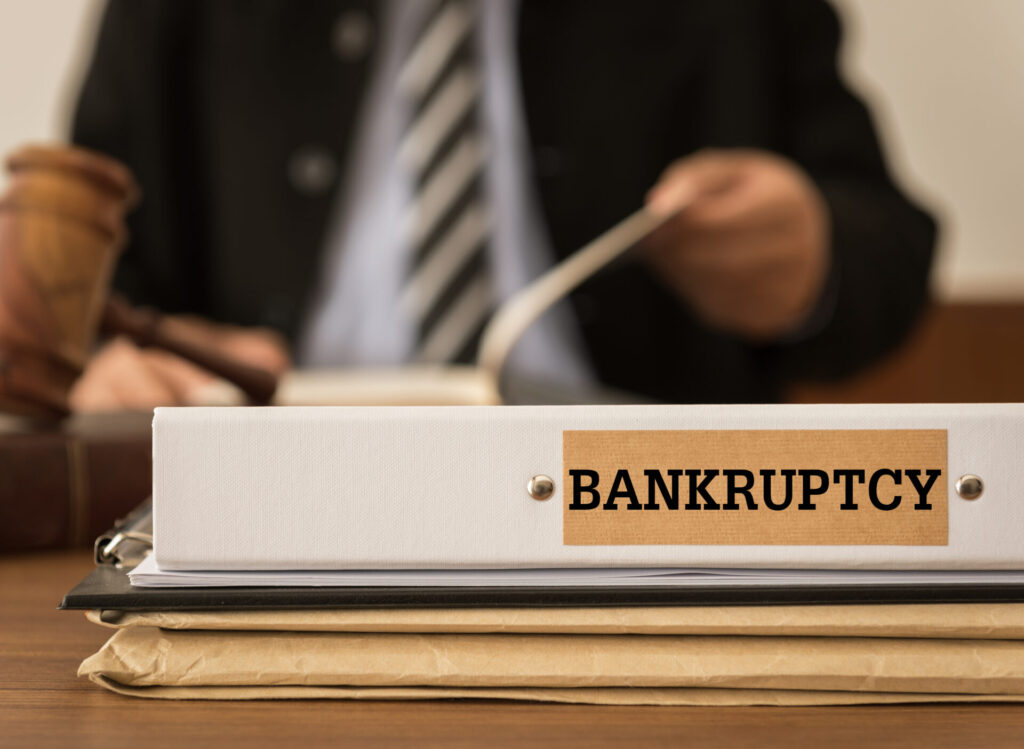Who Can Redeem and What Options Do Homeowners Have?
Homeowners have a number of rights when it comes to foreclosure and safeguarding their homes. However, one option for foreclosure defense isn’t redeeming your home after a foreclosure occurs, because there is no right of redemption for property owners in Colorado at that point.
Homeowners do have options for curing defaults to reinstate loans prior to a foreclosure sale or stopping foreclosures from occurring by filing Chapter 7 or Chapter 13 bankruptcies.
Understanding the Foreclosure Process in Colorado
Foreclosures in the state can be judicial (involving a lawsuit) or nonjudicial (with minimal court involvement). The nonjudicial process is typically preferred by lenders because it’s usually quicker and less costly than the judicial process.
In either case, the lender seeking the foreclosure must closely follow processes laid out under state law. Typically, the process of foreclosure can’t start until you are 120 days or more behind on your mortgage payments. During this time, you can take actions such as speaking to your lender and completing applications for relief to find out if there are options for catching up on your payments or avoiding foreclosure.

Once a foreclosure process begins, it can take around 4 months to complete (7 to 8 months for agricultural property). Property owners have a few options for attempting to save their home as long as the foreclosure sale has not happened.
Redeeming the Home After a Foreclosure
Colorado used to allow homeowners a right of redemption after a foreclosure. This was a short window following the foreclosure during which the property owner could “redeem” the property. To do so, the homeowner would have to pay all of the outstanding mortgage balance as well as any fees and expenses associated with the foreclosure.
However, the law changed in 2008 to remove the right of redemption from property owners. The only redemption right that remains in these cases belongs to lien holders. If there are multiple lien-holders, there is a specific order in which they are prioritized and allowed to declare their intent to redeem the property.
Homeowner Options for Saving Their Home
Because homeowners no longer have a right to post-foreclosure redemption, you must act prior to the foreclosure sale if you want to save your home. There are two main options for doing so once foreclosure as begun.
Curing the Loan
To cure the loan, which stops the process of foreclosure, you must take the following steps:
- Find out how much you need to pay to cure the loan. You must pay the arrears on your mortgage (including any fees) as well as any attorney’s fees and legal costs associated with the foreclosure proceeding.
- File an intent to cure form in a timely manner with the correct Public Trustee. Typically, you must file this form 15 days or more before the date scheduled for the foreclosure sale.
- Make the cure payment to the Public Trustee before noon the day before the foreclosure sale is to occur.
Filing for Bankruptcy
In many cases, when someone is far enough behind on a mortgage that foreclosure is initiated, there are other financial challenges for the household. If that’s the case, even if you came up with a way to cure the loan, you may not solve the actual issue. That could leave you in continued financial duress and even result in you facing foreclosure again in the near future.
If you’re facing the kind of situation where debts just aren’t tenable because your income has changed or another financial factor is at play, bankruptcy might be an option to consider. When you file a Chapter 7 or Chapter 13 bankruptcy petition, something called the automatic stay goes into place.

For many people, the automatic stay is a tool that provides breathing room. It also allows them to proceed through the bankruptcy process to seek debt relief, often while keeping their home and restructuring debt to make payments more tenable.
Get Legal Help as Soon as Possible to Help Keep Your Home
Understanding which option might be right for you if you are facing foreclosure—and moving fast enough to address the matter before it’s too late—might seem impossible to some. It can be disheartening to deal with these issues, and you may feel like you’ve come to the end of your rope and have no other options left.
This is not true. If you haven’t reached out to speak to a bankruptcy and debt defense attorney, make it your next step. At the Holland Law Office, we work with you to understand your struggles and needs so we can provide guidance about how to work to protect your home or financial future. Call us now at 970-232-3097 if you are dealing with foreclosure, because time is of the essence.







